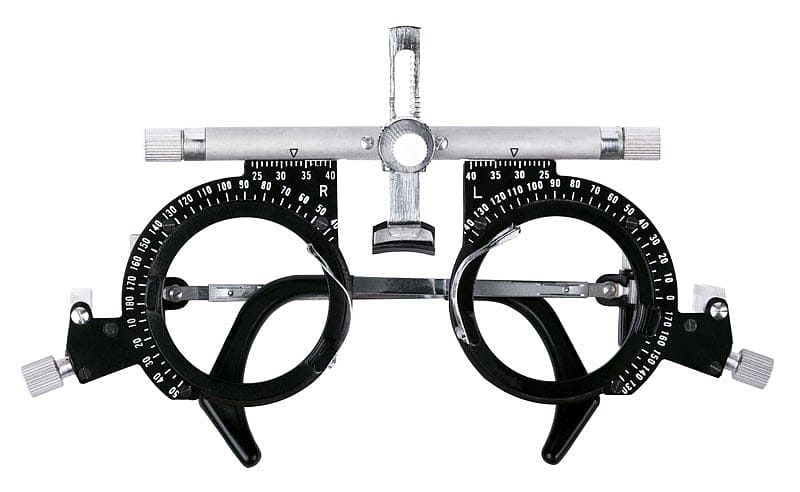Elderly parents a special kind of patient for Boston ophthalmologist

When Elizabeth Daher moved next door to her ailing parents in Weston, Massachusetts, her time was consumed by nighttime trips up and down the hill between their homes, ambulance calls, and hospital visits. Yet to Daher, caring for the elderly man and woman who dedicated their own lives to helping others was a matter of course.
Over the years, Daher noticed that her parents were not treated as valued individuals in the medical world. Instead, she found that elderly patients' medical records served as mere warnings for insurance companies, and their emergencies as simple moneymaking opportunities for assisted living homes.

